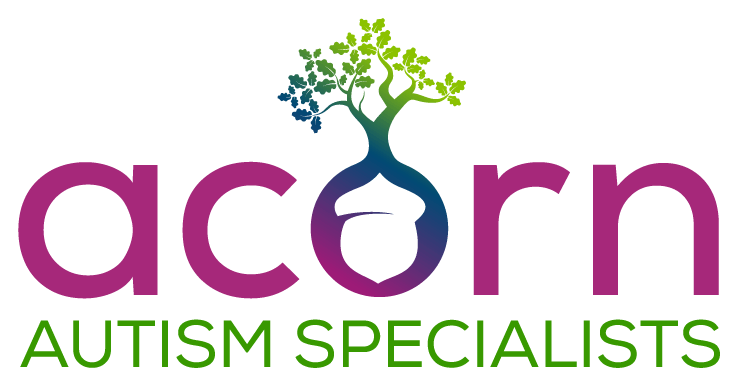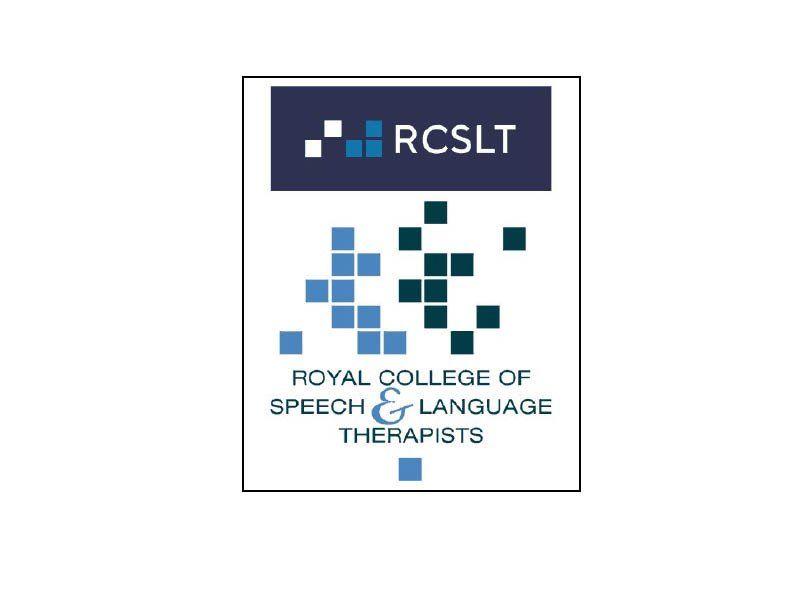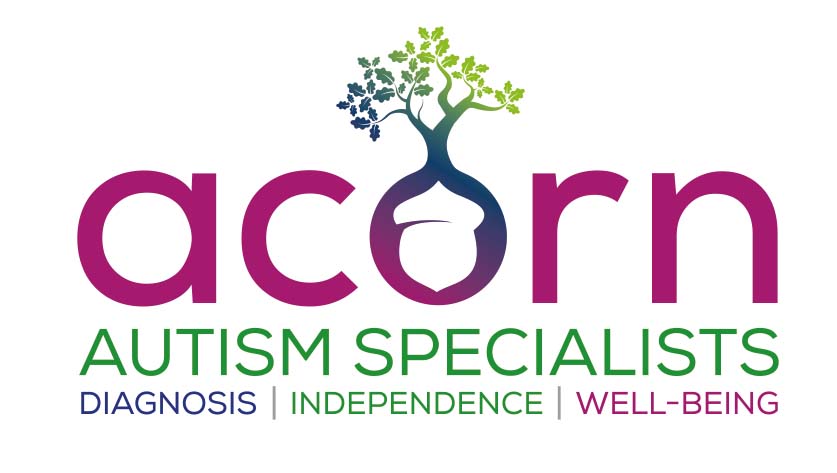What to do while waiting for an
Autism Assessment
DIAGNOSIS | INDEPENDENCE | WELL-BEING
“Why fit in when you were born to stand out?”
Dr. Seuss
Waiting for your Assessment
Advances in diagnostic capabilities, together with a greater understanding and awareness of autism, seem to be driving the increase in those seeking an autism assessment and diagnosis. This increase in autism awareness has led to an increase in demand for autism assessments and diagnosis, and for many in the UK, the average wait on the overloaded NHS to see someone for an autism assessment, can be anything up to 3 to 4 years, which can be a long and frustrating wait for all involved.
There are different factors that impact how quickly you, or your child, can be seen and it can also be a real postcode lottery. Understandably, people are therefore exploring private options in order to access appropriate support and understanding. This means that there is now a wait to access private autism assessments, due to ever increasing demands.
Just by the fact you are reading this now, means that you have questions as to whether you, or your family member, may be autistic.
For many it takes months, if not years, of researching autism and questioning the characteristics of autism, before seeking an assessment, which might mean that by the time you gain the courage to seek an autism assessment, things may have reached some form of crisis point. This crisis could be anything from difficulties in education (e.g. your child transitioning to secondary school); deterioration in emotional wellbeing; or maybe your own employment difficulties. Whatever the reason(s), having to wait for an autism assessment can then feel like you are stuck in time and simply waiting in limbo.
However, there are some proactive and positive things you can do - which we hope will help - while waiting for an assessment.
THINGS TO DO
Proactive things you can do while waiting for your autism assessment
Learn about Autism
You probably have already researched autism, but learning about autism is something everyone should do of all ages. You can then prepare a list of characteristics that you think fit to discuss during the assessment appointment.
Talk to your child about difference (if seeking a child assessment)
How you approach this depends on the age and stage your child is at. However, it’s a good idea to teach them about neurodiversity and how we are all different. Some children will already recognise their own differences. Understanding their strengths and differences may help your child make sense of themselves and their feelings. It can also enable them to better advocate for themselves.
Explore Sensory differences
Many autistic individuals will have sensory needs so it is worth learning more about sensory processing now. All day, everyday, we process sensory information. Our lives are full of sensory experiences. For an autistic individual, any of their senses may be over-or under-sensitive, or both, at different times. These sensory differences may then impact on how the person acts, feels and can have a profound effect on their life at home, school and work. Typically a sensory integration assessment is completed by an Occupational Therapist. However, you can learn more about Sensory processing and autism to increase understanding and support.
Education
If your child is struggling at school, it would be worth talking to their teacher and/or the school SENCO. Every school or early years setting should have a Special Educational Needs Co-ordinator (SENCO). It is their job to ensure children get the support they need in education. Again this is based on needs not any diagnosis so there is no need to wait to put supports your child needs now in place. Here are a couple of lists of adjustments that may be useful in school.
It may be that your child seems to manage OK at school, but then enters into shutdown or meltdowns at home as they recover. The following links may therefore be helpful:
Work
If you are struggling at work, it may be worth talking with your Manager/Supervisor, or Human Resources, if available, about support that could be implemented whilst you are waiting for an autism assessment. Adjustments could include taking time out when needed, movement breaks, flexible working, a quiet place to work etc:
Explore referrals and available support
If you, or your child, needs help, now is the time to ask for it, rather than waiting for the outcome of the autism assessment. You may get told “let’s wait for the autism diagnosis,” but that won’t change the areas you need support with, so the sooner you speak to the relevant people the better. These services can be accessed via your GP, school and/or work, and can also be sourced privately.
Speech and Language: Speech and Language Therapist
Sensory sensitivities: Occupational Therapist (Sensory assessment)
Food: Sensory and/or Dietician
Incontinence: Sensory and/or Incontinence Nurse
Emotional Wellbeing: GP re referrals to local services
Sleep: GP
Connect with others
There are lots of great adult support groups and parent support groups either in person, online or on social media, for people who are in a similar position. It is so important to have people you can talk to that understand. You will also find other people who are a bit ahead of you that may be able to advise from their experience.
- National Autistic Society- Online community
- Research the Local Offer in your area for support
- Speak to your GP about their Social Prescribers
Instagram/Twitter/TikTok:
- #ActuallyAutistic
- #AskingAutistics
Organise your paperwork
As part of an autism assessment, professionals should review (where possible) professional reports as part of their background information. These can include Education, Health and Care Plans, Dyslexia reports, Speech and Language reports and any reports from mental health services or social care. Whilst you, or your child, is waiting for an assessment, it is the perfect time to organise paperwork, as you may have to repeatedly refer back to them.
Preparing for the assessment day
As the assessment day approaches, it can be helpful to prepare yourself and/or your child for the day dependent on their age, stage and anxiety levels. For some people, a visual countdown can be helpful to prepare for a change of routine. For others, they may wish to see who they are meeting and where they are going, which you can explore here:
Be kind to yourself
Overall, be kind to yourself. Making the decision to seek an autism assessment is a big step, so waiting for the assessment day can be difficult. Make sure you take time out for you, to engage in things you enjoy and try to take breaks, or ask for breaks, when you can.












